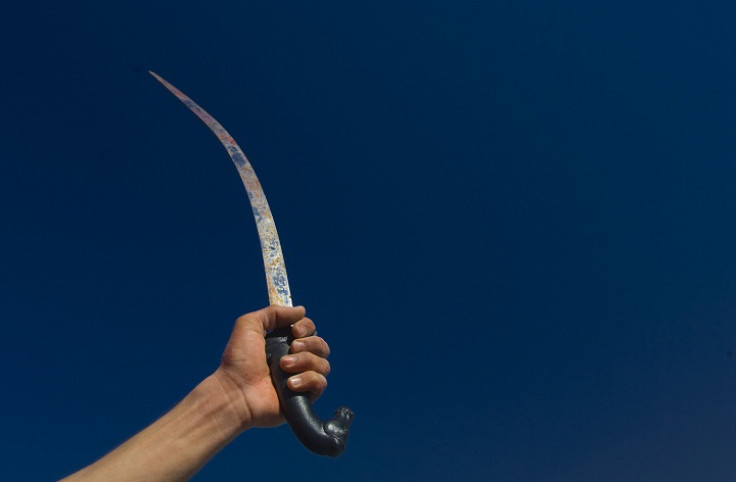Saudi Arabia: Executions in kingdom rise to 20-year high of 158

Saudi Arabia beheaded 158 people in 2015, its highest level of executions in over two decades, according to Human Rights Watch (HRW). This is the highest since 1995 when 192 executions were recorded in the kingdom. More than 70 people executed in 2015 were foreign nationals.
On 2 January, the kingdom in a statement announced the execution of 47 criminals, including leading Shiite Muslim cleric Sheikh Nimr al-Nimr. The last execution for 2015 was carried out on 29 December when authorities beheaded Abdulatif Zapanta, a Filipino national who had spent nearly six years on death row seeking pardon.
Saudi Arabia has responded to international outcry over the executions saying they are necessary to combat crime. Besides, it has pointed out at least 13 judges at three levels need to endorse a death sentence before it is carried out.
But Delphine Lourtau, research director at Cornell Law School's Death Penalty Worldwide, told AFP, "Defendants are not provided defence lawyers in the country and in numerous cases of South Asians arrested for drug trafficking, they are not provided translators in court hearings. This also raises questions over the degree of influence the executive has on trial outcomes."
Saudi Arabia applies the death penalty in a range of cases, including apostasy and witchcraft, and also stages public executions. Lashing, flogging and stoning for crimes such as drink-driving and adultery are also frequently recorded.
© Copyright IBTimes 2024. All rights reserved.





